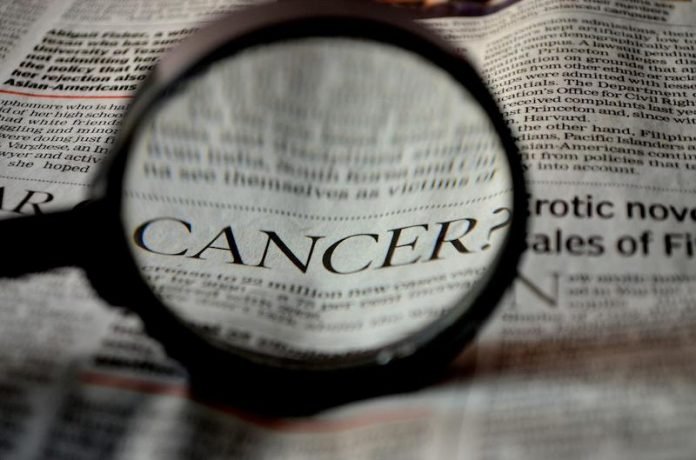
Why doesn’t every cancer patient respond to immunotherapy?
Scientists from the Netherlands Cancer Institute found genes that play a role in immunotherapy resistance. They found an important factor behind this therapy resistance, and a potential way to counter it.
The research is published in Cell Reports Medicine and was conducted by Daniel Peeper et al.
Immunotherapy removes the brakes from the body’s own immune system, as it were, and triggers it to destroy tumor cells. The results can be quite spectacular, even in patients with aggressive tumors.
Because immunotherapies work amazingly well for some patients, scientists are looking for ways to make these treatments more widely applicable and effective.
Cancer resistance to immunotherapy manifests itself in a variety of ways. Some patients don’t respond well to the treatment right from the start. In others, the treatment appears successful at first, only to lose its effect over time.
The cause of resistance can be found in the absence, or low activity, of important immune cells that can destroy cancer cells: T cells.
Some tumors don’t seem to contain any T cells, while others contain T cells that display little activity. Some tumors also put up a fight of their own, however, rendering them insensitive to T cells.
The team says therapy resistance is a common phenomenon in cancer treatment.
It’s something doctors have been familiar with for a very long time. With chemotherapy, for example, but also with precision medicines targeting tumor cells.
The tumor tends to respond very well at first and shrinks, but often resumes its growth later.
Because therapy resistance is such a persistent problem in oncology, Peeper expected that immunotherapy would be no exception.
The researchers anticipated plenty of trouble with therapy resistance down the line, and decided to refocus to investigate this problem.
If you care about cancer risk, please read studies about benefits of garlic for fighting cancer and the common cold, and this inexpensive drug could help treat cancer.
For more information about cancer risk, please see recent studies about common vegetable that may help lower your cancer risk, and results showing that most cancers are caused by these 5 things.
Copyright © 2022 Knowridge Science Report. All rights reserved.



